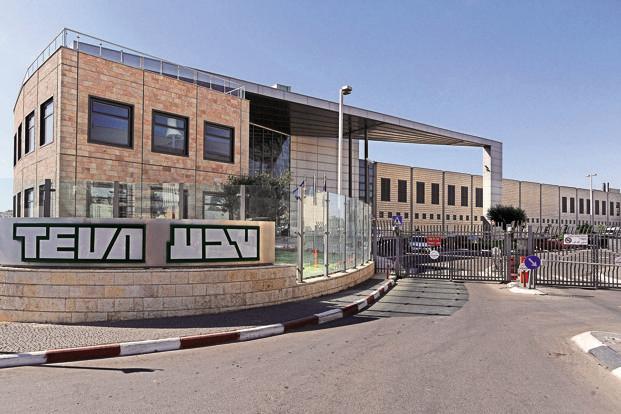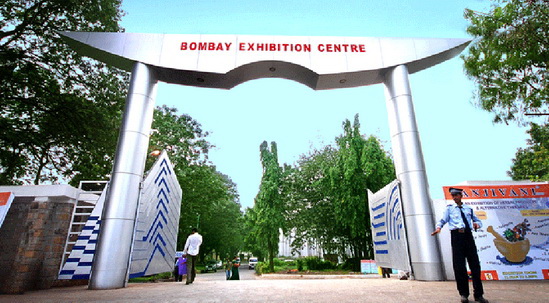
Avinash Ojha
Chief utive Officer
RG Stone Urology & Laparoscopy
Hospital
In todays era, hospitals have become high-tech centres of healing with state-of-the-art infrastructure and technologies. Doctors have become highly super specialised. Inspite of all this, hospital associated infections (also called nosocomial infections) are one of the critical focus areas for the healthcare industry. These are the infections obtained by the patients from the hospital. The impact can mean months of additional treatment and cost. India is a high risk potential market for these infections due to factors such as huge population, lack of sanitation procedures adherence; thereby leading to high disease prence rate.
Hospitals acquired infections (HAI) can be caused by direct line into veins or catheters; others can result through surgery byproducts or resistant bacteria. Various such infections include pneumonia, blood stream infection, surgical site infection, urinary tract infection, MRSA infection and others. The hospital acquired urinary tract infection holds the maximum prence share in this category.
Noscomial infections are a huge burden on the healthcare system, and almost all are preventable! It is indeed a setback for the ailing patient who wants to get better but gets afflicted even more.
The infection control in the hospitals is taken care of by high rate of implementation of healthcare guidelines given by the regulatory institutions, standard treatment protocols, infection control measures, proper biomedical waste disposal mechanisms, and proper sterilization techniques. Hand sanitization is one of the key factors. Almost all facilities have now installed sanitizer dispensers to allow regular disinfection of hands. World Health Organization (WHO) recommends rewarding employees with great hygiene and penalizing employees with poor hygiene. Medical and surgical patients are to be managed at different areas in the hospital so as to reduce cross infection spread to the least.
Compliance with regulations is to be strictly monitored. Functional department planning is as important as structural planning. All departments such as Out Patient Department (OPD), Diagnostics, In Patient Department (IPD), Supportive services need to be segregated from each other so as to prevent mixing of patient flow. Critical areas such as Operation Theatres, ICUs need to be isolated from general public. Careful zoning (sequence of increasing clean zones) for OTs is very important. There must be easy movement of staff in clean areas without passing by dirty areas. Ample wash basins to be provided within patient care and nursing stations. Separate staircases should be there for waste removal. Proper ventilation of wards is also of utmost importance.
RG Stone Urology & Laparoscopy Hospital focus on delivering qualitative services so as to establish necessary healthcare standards specialized in infection prevention and control. The hospital employees are required to complete an infection control training program. Routine tasks such as Surgeon wash is monitored even more closely. Operating room temperature, humidity levels that minimize bacterial growth, and minimal traffic in and out of operating rooms are few of many protocols that are adhered well to.
Controlling the hospital acquired infections is of course about saving lives, but it is also cost effective. The hospitals get severely penalized for high rates of nosocomial infections. This often overlooked concern needs to be given a very serious look at the very start of planning so as to be able to deliver efficient qualitative treatment.

Be a part of Elets Collaborative Initiatives. Join Us for Upcoming Events and explore business opportunities. Like us on Facebook , connect with us on LinkedIn and follow us on Twitter , Instagram.












